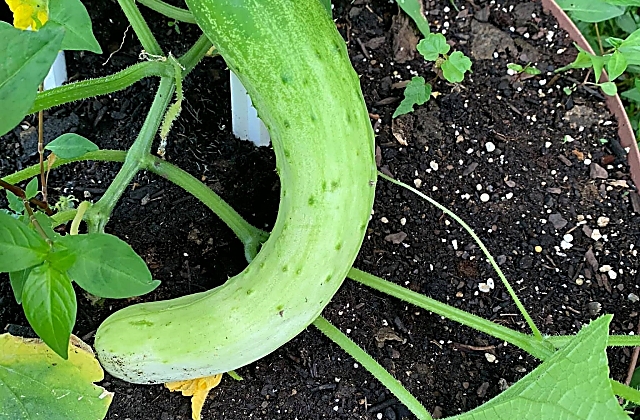Best Tips for Growing Lettuce In Winter

When growing lettuce in winter, you will have to face a few challenges that other vegetables don’t have to deal with. First of all, growing lettuce in winter requires more work on your part to make sure that the plants get the nutrients they need to survive. It also demands that you water your vegetables carefully and avoid using fertilizers that might burn the leaves of your plants. Many gardeners are surprised to discover just how much planting and care goes into growing lettuce in winter. There are a few things that you can do to make your winter vegetable gardening experience a bit easier.
Growing Lettuce In Winter Some varieties of lettuce love the cold, so there is no reason that you should not be able to grow these in winter gardens. Grow leeks in pots instead of the traditional garden arrangement of growing them in the ground. It’s more difficult to keep the leeks growing in the winter, but they do freeze decently and can be frozen again by thawing them out during the spring. If you don’t have a pot, plant the leeks individually in shallow troughs about a foot deep.
Lettuce seeds germinate slower than most other seeds. So if you want your plants to come up quickly, you will want to make sure that the soil is warm enough to germinate seeds. One way to find out what the soil’s temperature is to take a soil thermometer outside and keep an eye on it for several hours. If the soil temperature is close to that mark, then you probably have enough soil to germinate your seeds.
Planting Herbs in Winter Another way to avoid getting burned when growing herbs in winter is to plant them in a container instead of a garden bed. For example, you can use small containers filled with loosely packed dirt to plant most annual herbs, such as basil, chives, dill, sage, oregano, Rosemary, thyme, tarragon, and many others. You can also use this same technique with winter garlic (Allium sativum) and winter marjoram (Crateifera). This will allow you to get rid of the risk of burning. A little care will go a long way in making sure that you don’t burn your garden when you are growing herbs in cold frames.
Proper Lighting When growing lettuce hydroponically indoors, you’ll need to pay close attention to lighting. Because this is a completely different process than traditional indoor gardening, you must use more of a controlled environment. Make sure that you have plenty of fluorescent or red light bulbs, not just regular incandescent bulbs. Avoid using any bulbs that emit blue light since they will disrupt the PH level of the soil, causing it to become unstable. Instead, use lamps that offer high intensity red light for better color control.
Climate Although you are growing a winter vegetable garden in the fall and early spring, you should still follow a few guidelines when it comes to choosing the best growing conditions for your crop. For instance, choose a location that receives six to eight hours of sun a day. Also, you may want to consider growing vegetables that are insatiably sensitive to frost. This means that you should only plant cabbage, kale, collard greens, mustard greens, brussel sprouts, cabbage leaves, and cress during early spring or late summer. Cabbage leaves and collard greens can handle frost well enough, but be aware that cabbage leaves and collard greens are heavy feeders so it would be best to use a small fork to pick up the crop after it has dried.
Leeks One of the most important vegetables to protect from cold is the leek. It is best to grow them for just a few weeks because their leaves quickly go yellow in the cold. The leaves will turn dark yellow and the buds themselves are usually small and deformed because of this. Do not prune them at all until the flowers start to open in the spring since the leaves will likely not produce colorful flowers if they are small. They are fine with minimal pruning.
Cold Frame Box A cold frame box is a great gardening accessory that will help keep your garden fresh and growing at its peak in the winter. Because it traps air in during cooler temperatures, it prevents moisture from evaporating from the soil. Because it is insulated, it also makes it easier for air circulation, which in turn keeps your garden healthy and growing optimally. Since the frame is relatively inexpensive to purchase, it is worth the investment. Your garden will thank you for it!